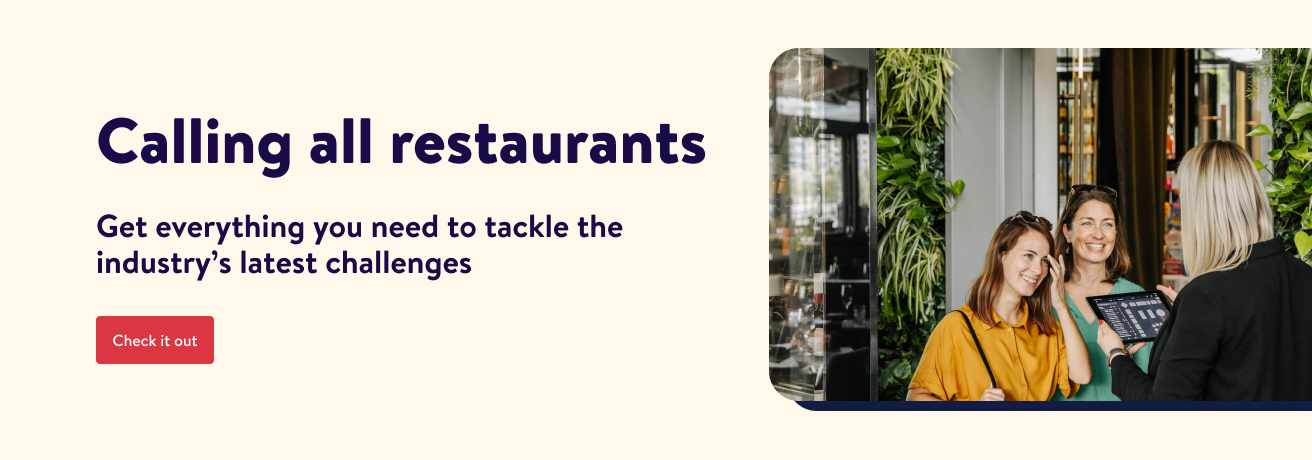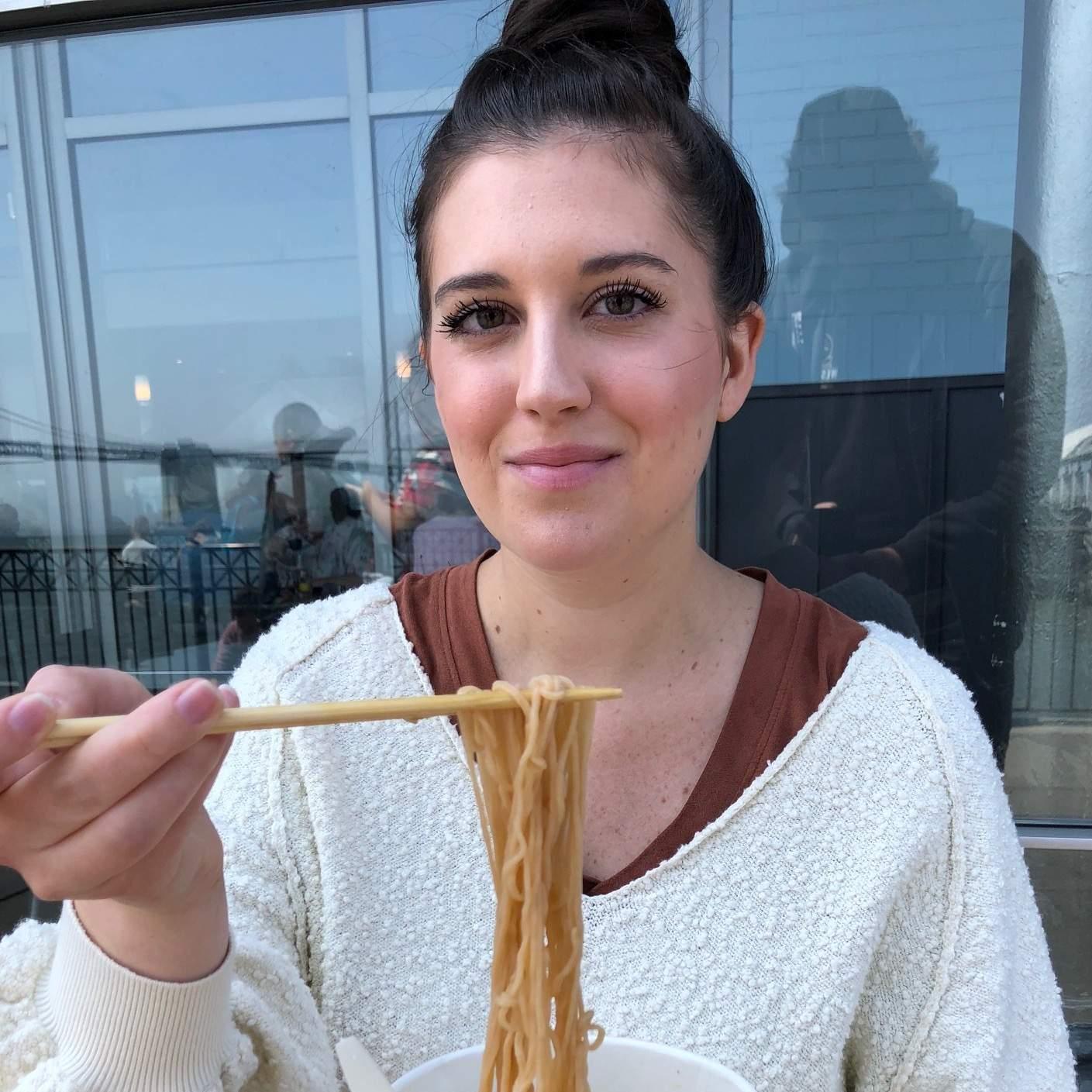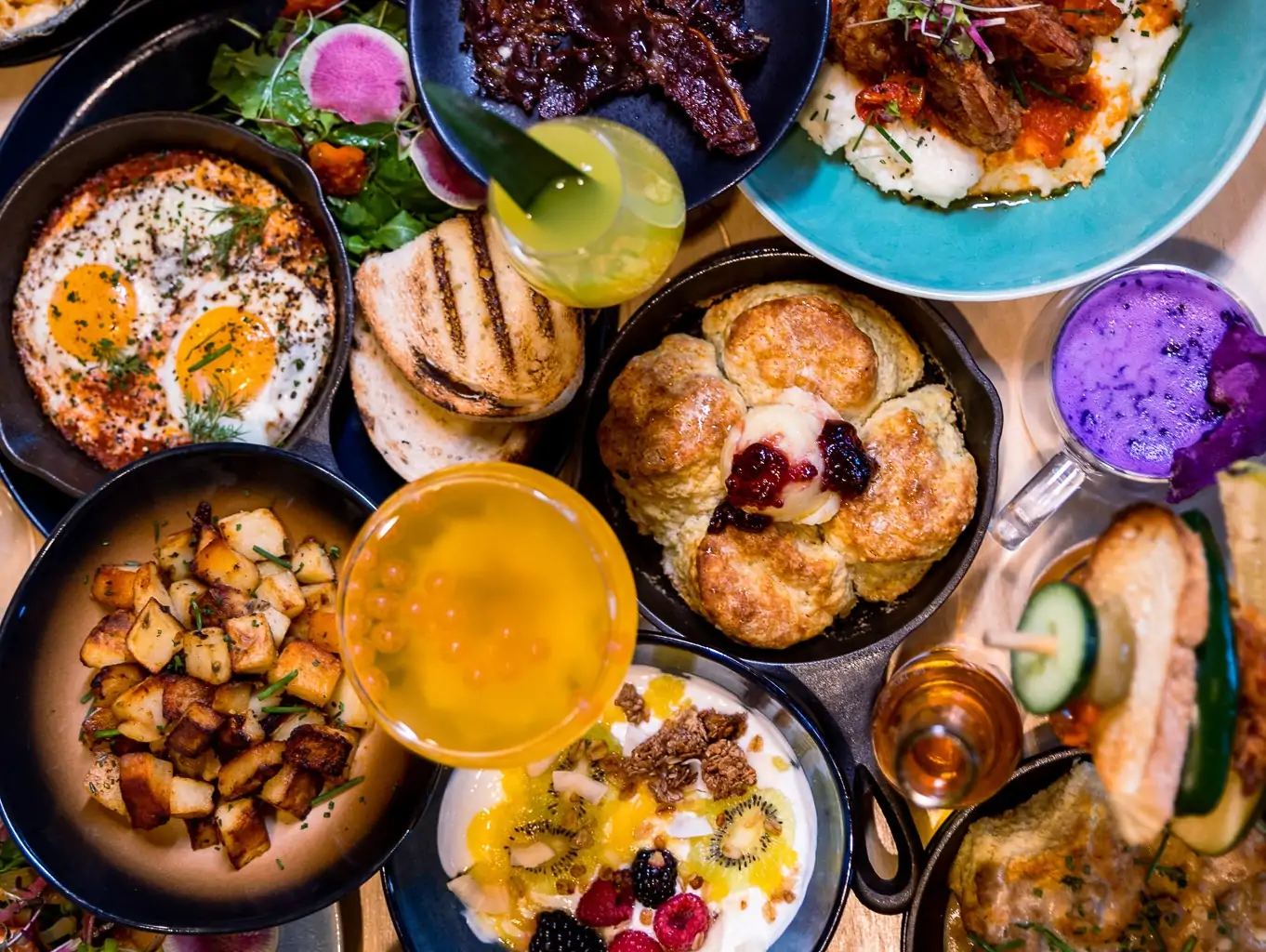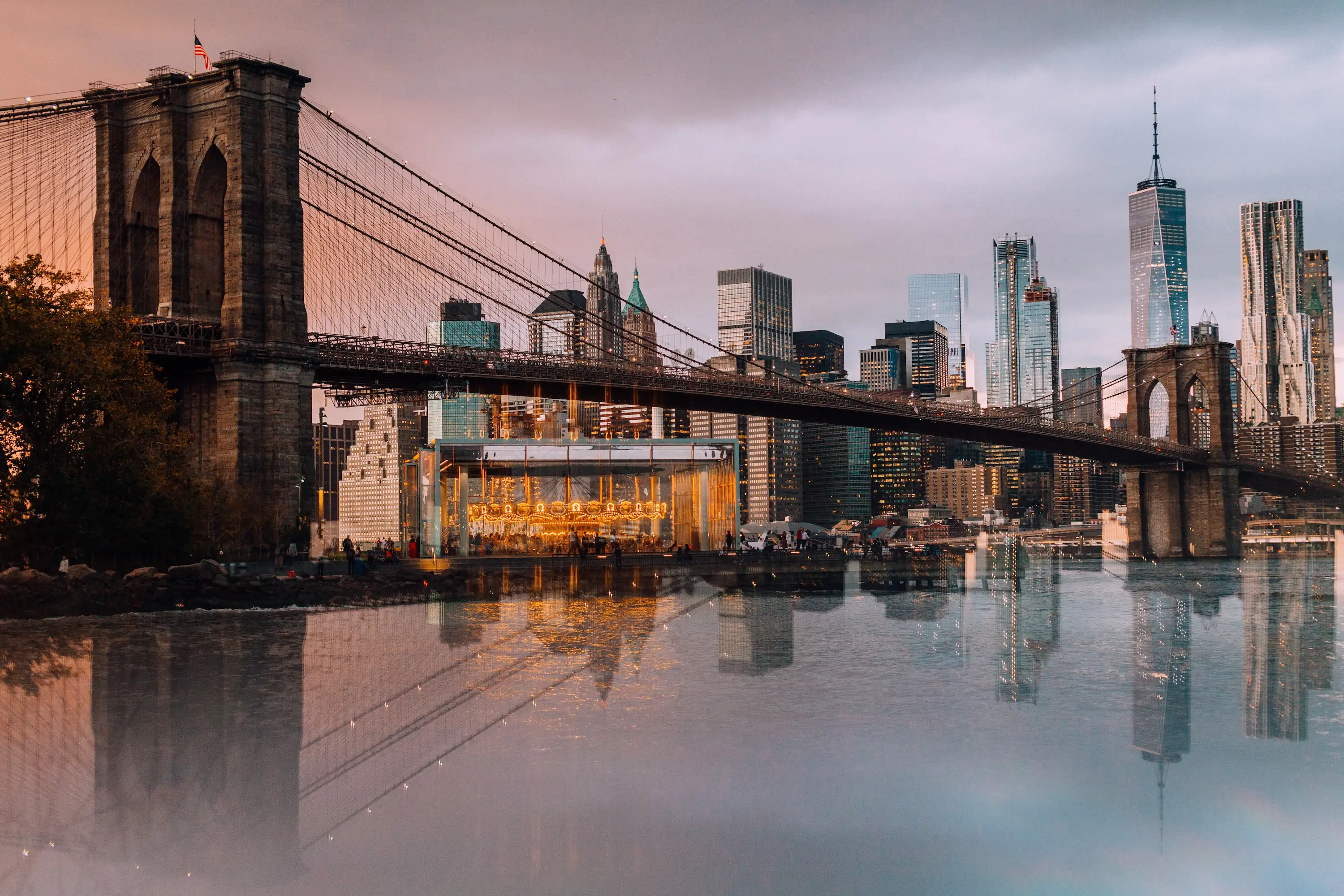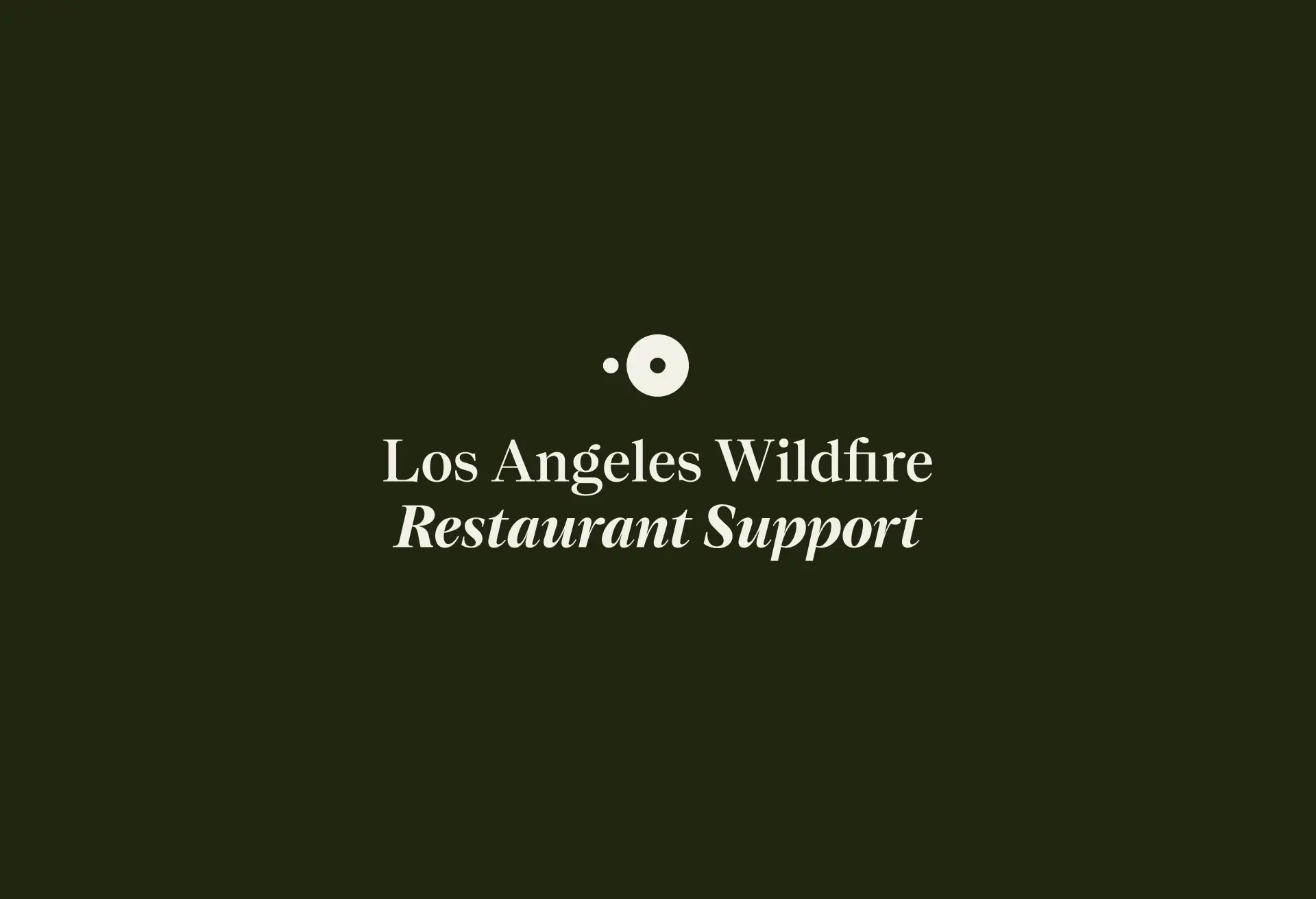The foodservice and hospitality industry has among the highest rates of alcoholism and drug addiction, second only to mining and construction, according to the Substance Abuse and Mental Health Services Administration. During these tough times, no one has to go at it alone. With 36 years of sobriety under his belt and an organization built on helping struggling industry professionals, Charleston Grill general manager Mickey Bakst wants to help people struggling with mental health and addiction even when they can’t meet in person due to COVID-19 restrictions. The solution is virtual meetings through community support group Ben’s Friends.
“The meetings will talk about how to stay sober during these times of total uncertainty,” Bakst said. “People with 37 years to someone with three days [of sobriety] saying, ‘This is what I did.’ A leader will start with the topic, sharing what he or she is doing, and then tagging someone else when they’re done. We’ll always open it up to other people who need to say something. We’ll also provide numbers of regional leaders to call for additional support.”
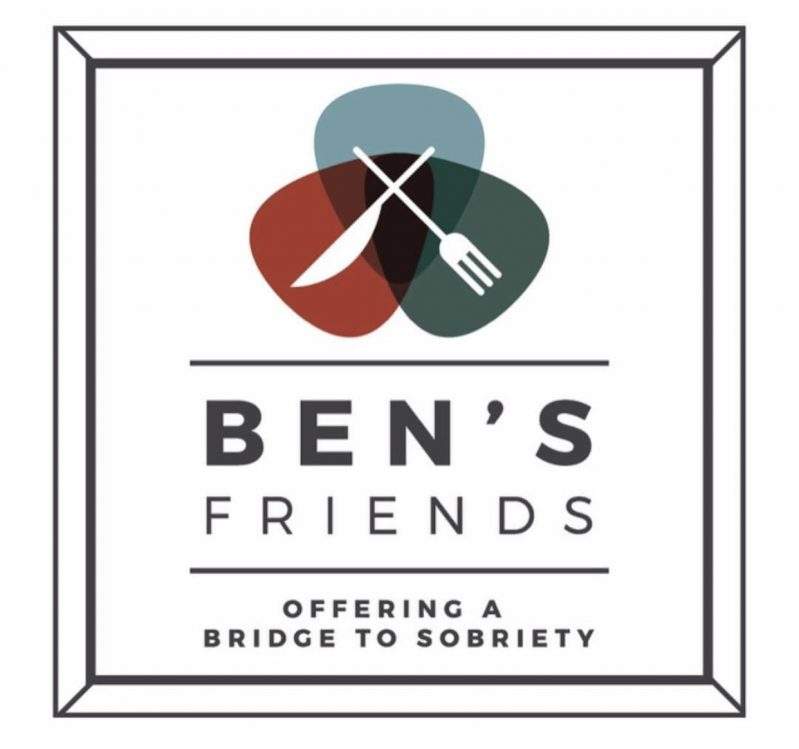
Millions of people have already filed for unemployment, many of them in the hospitality industry, as a result of unprecedented financial hardships due to COVID-19, and the short- and long-term futures of many restaurants remain uncertain.
For some, that means confronting substance abuse head-on. “I just got off the phone with the Portland group, and a woman who has had a business for nine years plain and simple said, ‘I’m not going to be able to keep my business afloat, and I don’t know how to stay sober,’” Bakst said.
Bakst co-founded Ben’s Friends in 2016 with fellow Charleston restaurateur Steve Palmer. When their friend Ben Murray died by suicide after a private, years-long battle with alcoholism, Bakst and Palmer started the group as a way to connect with other chefs and restaurant staff going through the same thing and to encourage an open, judgment-free dialogue about it. The mission is to “offer hope, fellowship, and a path forward to professionals who struggle with substance abuse and addiction.” Ben’s Friends started small, and it now holds meetings in cities across America facilitated by regional leaders in Raleigh, Boston, Louisville, and more (see a list of cities here).
Bakst hopes to spread the word far and wide about these daily meetings and encourages anyone in the industry to join. “It doesn’t matter if you’re a server or a line cook or someone near retirement feeling like they’re going to lose everything,” he said. “We chose seven leaders from seven cities who are most grounded in their sobriety.” You can follow Ben’s Friends Charleston on Instagram for updates.
While Bakst, an eternal optimist, isn’t sure about how the restaurant industry as a whole will emerge from this crisis or what lies ahead, he’s focusing on community and connectivity right now. “The key to our lives is the word ‘we.’ The connectedness for us as humans is the greatest source of strength,” he said.
